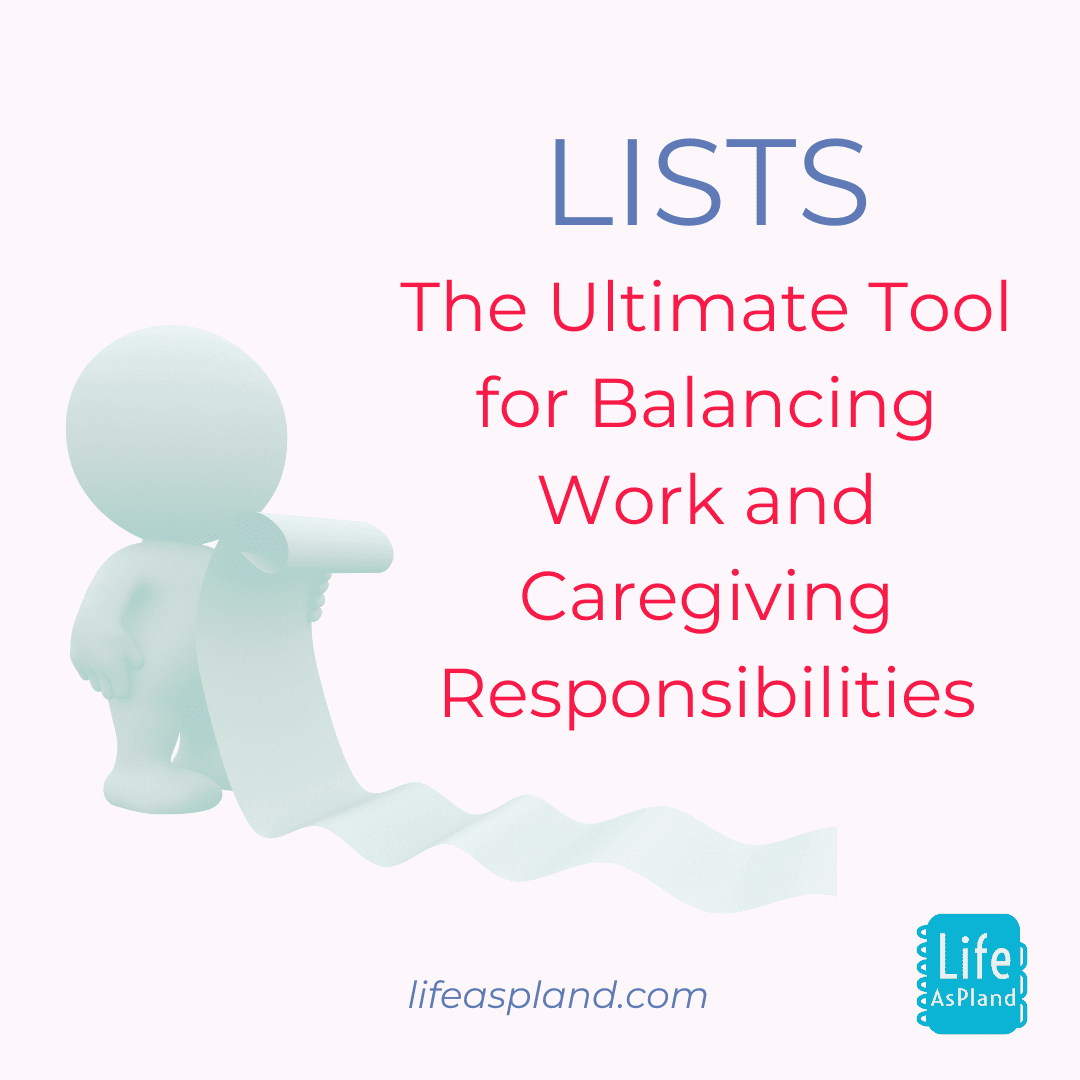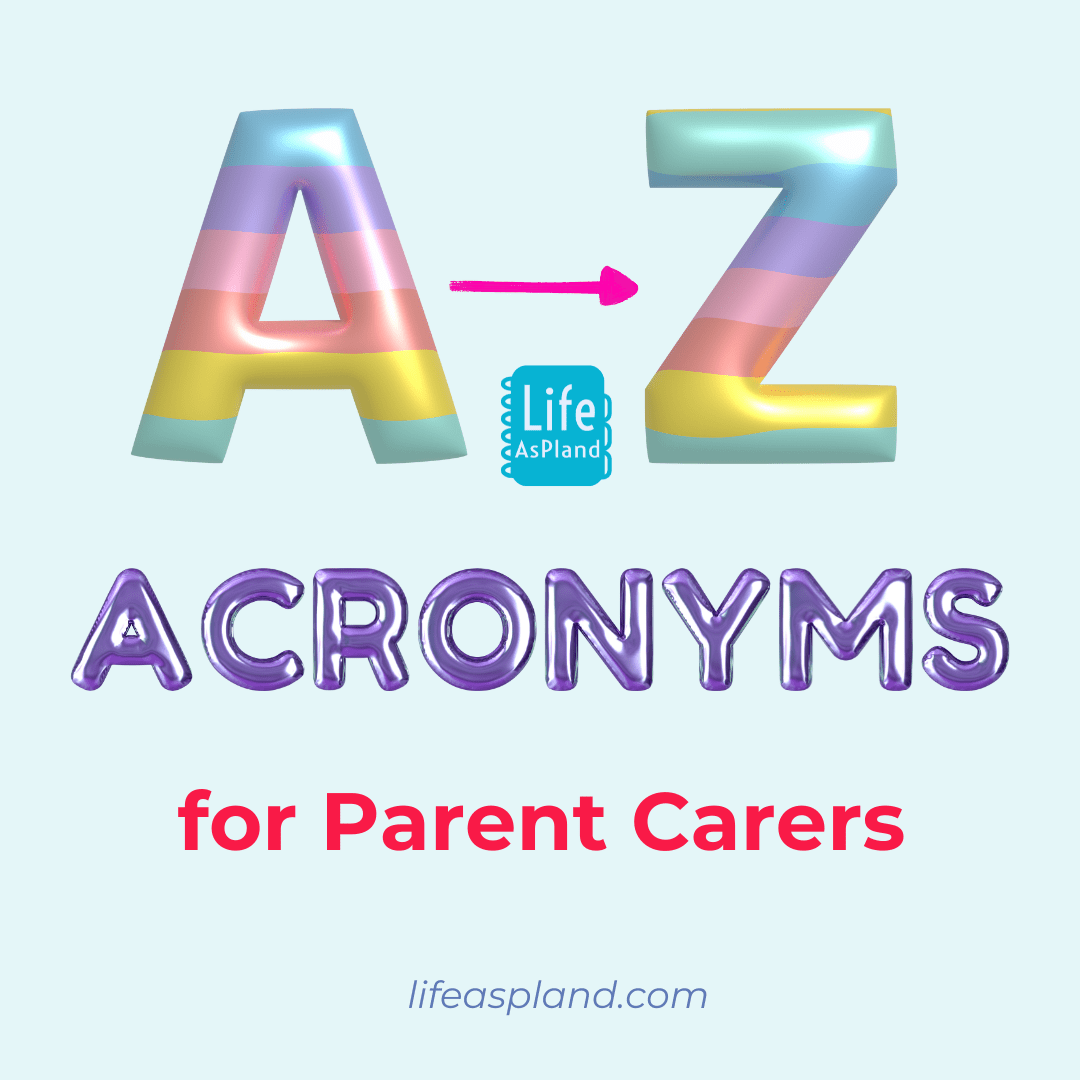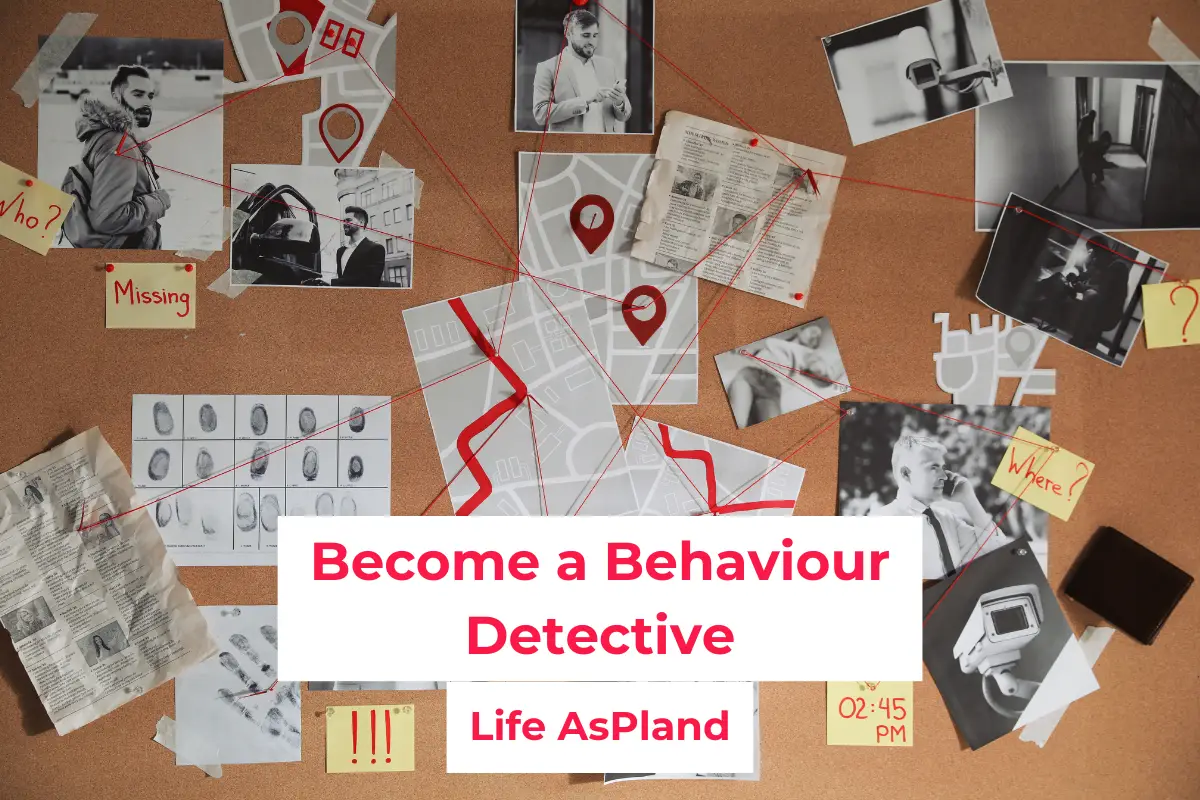How do you measure success? This is something I think about – probably far more than I should.
I am the first to tell a friend how successful they are, but know that I seem to set myself a much higher standard than I do for others. Does that ring any bells for you? I know I have spoken about it before.
This week, however, a friend on Instagram mentioned a book she was reading and how highly she recommended it. Knowing that we have similar tastes in books, I downloaded it. Make your Mark – A guidebook for the Brave Hearted. *
How do you measure success?
It was as if this book was written for me!

Almost as soon as I started reading, she talked about defining success and this sentence came up:
“Chances are the yardstick you’ve been using is one that has left your moments of feeling truly successful few and far between. If so, then consider that it’s because you’ve unwittingly bought into a definition of success that doesn’t serve you and never will”
She goes on to talk about how if we measure success defined on what we think we should accomplish (what we own, look like, wear, earn, etc), we are using external markers as our definers. When we do this, “we set ourselves up to spend our entire lives feeling like we’ve never made it“
She advises measuring success on things that lie within our control, not external factors.
Success should be aligned to your deepest values. Values are things like leadership, compassion, community, friendship, and kindness.
Values are not the number of followers on Instagram or the number of likes on your post. These are external factors. You have no control over external factors. Yes, you can spend hours making sure your post is funny, sharable, etc but will it make you feel successful or will it add pressure and unhappiness if you can’t replicate the number of views?
Would I recommend this book?
The book is one I would recommend to everyone. At the end of each section are questions to ask yourself – I love this in a book. This way you get to think about what they have said and how it applies to you. I hate books that tell you what to do, rather than allowing you to think about how that may work for you. I like books that give me actions to take.
If you like these types of books, check out No Excuses – Brian Tracy and for bloggers – How to blog for profit (without selling your soul) – Ruth Soukup.
This week, I have bought another notebook (I know I shouldn’t but hey) and I am using that to write down my responses to the questions and to add notes from the book as I read through it.
I would love to hear if anyone else is reading or has read it. Or tell me the books you love, especially if they give me action points at the end.
* This post contains affiliate links. In plain English, this means that I may receive a small commission (at no cost to you) if you subscribe or purchase something through the links provided. You will never see me post a link to a product or service that I haven’t used myself and love!







2 Comments
This sounds good! I’ll have to look it up. I’m currently listening on Audible to ‘The Life Changing Art of Not Giving a F***’ and it’s already having a positive effect! #TheMMLinky
This sounds good! I’ll have to look it up. I’m currently listening on Audible to ‘The Life Changing Art of Not Giving a F***’ and it’s already having a positive effect! #TheMMLinky